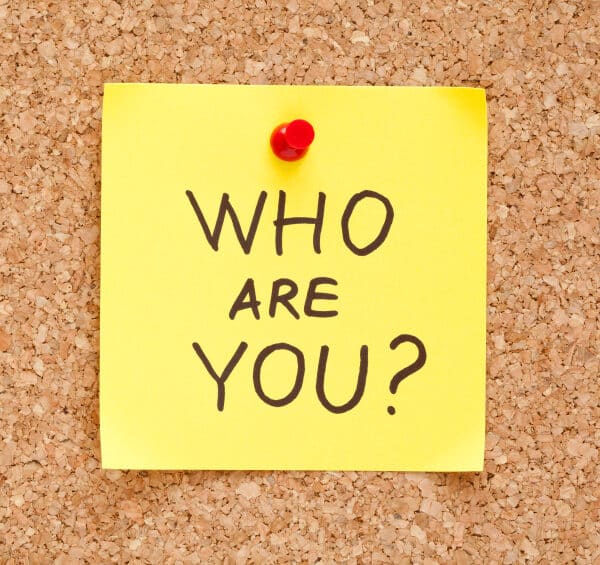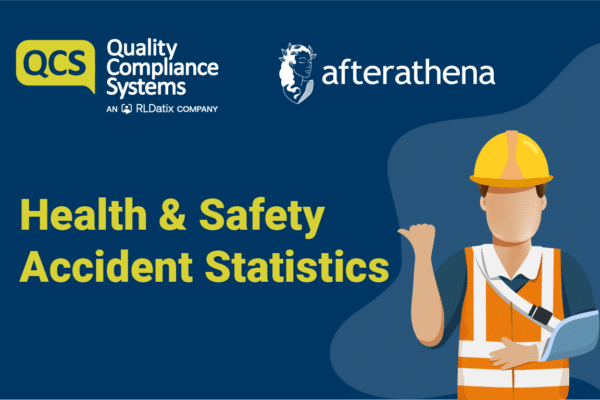 For people with a learning disability, having a sense of self can be difficult, more so when you consider the factors many people use to define who they are.
For people with a learning disability, having a sense of self can be difficult, more so when you consider the factors many people use to define who they are.
In college years ago, a trendy lecturer put the question to our group of nursing students; “Who are you?” There followed an awkward session where we were singled out and quizzed on how we defined ourselves. It’s lost in the mists of time now, but, in fact I’m not sure any of us came out of this session with an answer. However, we did all come out with another question; do we all default to standard measures of self-worth, and what does that mean for the people we support?
Groups and communities
Many of us would answer the question with a description of the group or community we belong to; “I am British; I am a Yorkshireman”. Or perhaps its more local than that; “I’m from the Wheatcroft Estate; I’m at Kings College” Or maybe we relate to the tribal nature of sports support “I’m a City supporter; I follow Saracens”
Each time we say we belong to one of those groups we identify with them and adopt some of the behaviours and beliefs of the wider group. We know the attributes of the group – social status, perceived traits and tendencies. We might adopt a slang or mode of dress to further display our membership.
If a person has profound learning disabilities, they may not be aware of the groups and communities they belong to, let alone use this belonging to define themselves. Consider also the negative aspects of belonging to some groups; Being from a place that might be deemed an institution would not enhance a person’s self worth.
Defining ourselves by roles.
One answer commonly given was to define ourselves by our role within our family. “I am a mother / father / grandma; I am the eldest of four; I am an only child” Again, there are attributes we ascribe to these different roles as a society, and they help us to communicate aspects of our own personality to others. For example, we may feel that defining ourselves as a parent gives the message that we are mature, warm, caring. Being an only child may suggest we have been indulged, or that we are lonely.
If they lack the insight into their role in their family group, or are not living in a group they can define easily, this aspect of self is lost to people with learning disability.
Work or profession
Another popular response to the question “who are you?” is to state a work role or job. “I’m a nurse; I work at Land Rover; I sell houses” However if we define ourselves by what we do, our profession or work, then does this could oversimplify our complexity. There are many individuals who become lawyers, but they are not all the same, however they may describe themselves as a lawyer and this may be the main way in which they establish their own identity.
Moreover, if you don’t work, where does that leave you? Many people who have been unemployed feel acutely a loss of self-worth, since this measure of self and identity is very strong in our society. For those who do not and cannot follow a career, or even achieve economic independence through work, their sense of self lacks this dimension.
Of course, reducing our identity to external and generalized groupings like role, gender or job will not really give the truest picture of the very complex individuals we are. Our public persona is the basis for much of our social contact, and the success or failure of our connections with others could be down to the way they feel about Estate Agents or football supporters, and little about the sensitive, human individual in the Spurs away kit. For this reason, we fine-tune our contacts and bring something of our individuality into play as we get to know people.
Does it matter?
If you find yourself asking that, then consider the next time you enter a public place, or go to a meeting or conference where you know no one. You will probably seek out those people who look or behave in a way that attracts or reassures you. Those people will in turn be judging you on your appearance or the way you act. The outward display of self is a powerful attractant, or repellant. Before you say a word, others will have begun to form opinions of who you are.
You will, if you work with disabled people, be very aware of the judgments people make when they encounter a stranger with an obvious difference of ability. I have encountered pity, horror, fear and anger from seemingly benign members of the community. Happily not all people behave like this, but it is not uncommon.
A risk to consider
Given the reduction in our identity to generalised groupings, we should work to avoid those we support becoming grouped as, for example, ‘handicapped’ or ‘disabled’ by helping them to understand themselves who they are. By talking about identity, about what is important to them and how they feel about themselves, we can begin to develop the sense of self that leads to self confidence. Our identity surely is more than the generalised identity of the groups we are part of, but also about what we do, how we behave and the roles that we adopt. By helping people to be themselves, we are empowering them to become respected their own right.
Currently I support a young man from the West Country who is living in the Midlands. He is fiercely Cornish, proud to hang his flag, go on about his birthplace and wear T-shirts with ‘Kernow’ emblazoned across them. We work hard to encourage and support this display of identity because it is part of the person he is. Some staff found this hard, as they saw it as singling him out as different.
But that of course is the point.






